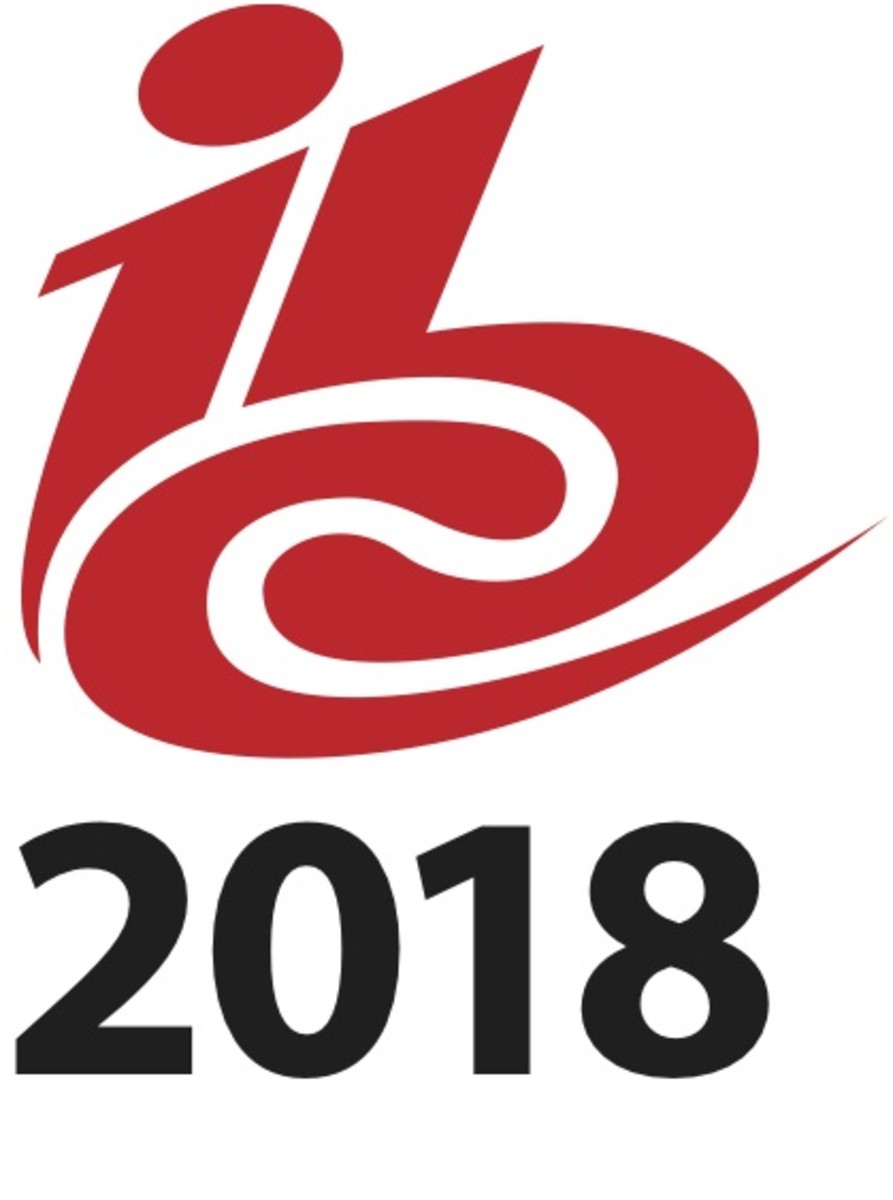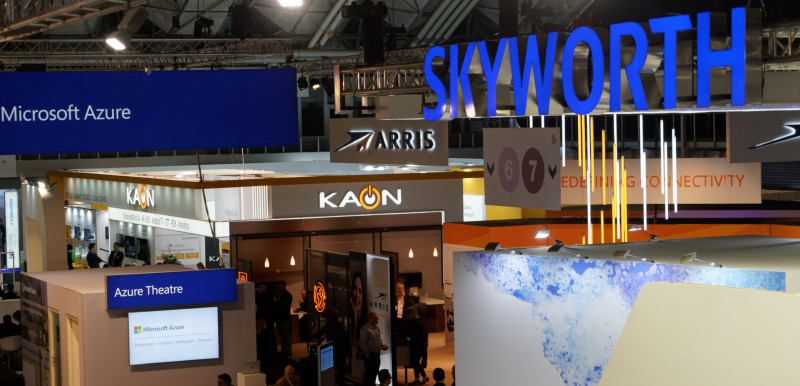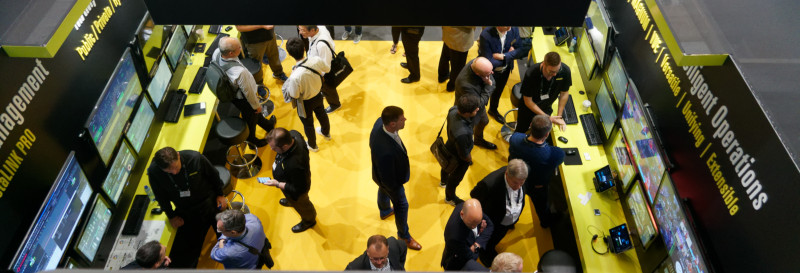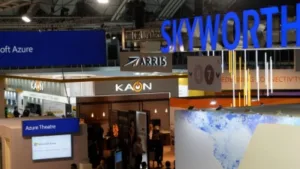 So, the end of another IBC. It’s always an interesting show and, even for display technology, it is often more interesting than IFA which takes place just before it. This year, there was a week between the events which meant we were able to finish the IFA report before the start, which made it more enjoyable. Exhibitors were up this year, but delegates 3% down.
So, the end of another IBC. It’s always an interesting show and, even for display technology, it is often more interesting than IFA which takes place just before it. This year, there was a week between the events which meant we were able to finish the IFA report before the start, which made it more enjoyable. Exhibitors were up this year, but delegates 3% down.
The main display story for me was the decision by Sony to move away from OLED to LCD at the high end of its broadcast monitor market. Given what we reported from other vendors (especially Eizo) at the IBC event in 2017, it wasn’t a complete surprise, but I’d be lying if I said I saw it coming! We did hear more of Panasonic supplying panels (both the very high end ones and some further down) for that segment and doing very well, it seems.
The EBU, the UltraHD Forum and Sony all showed some 100Hz HDR UltraHD content from the European Athletics Championships in Berlin, captured by the EBU earlier this year. The results were stunning and, I think, better than much of the 8K content I have seen so far. I can’t wait to get that level of performance at home. On the other hand, some of the content was shot on dull days and really didn’t sparkle. That might mean that to get a ‘Wow’ factor, accuracy might be the first victim!
 Image:Meko
Image:Meko
Another interesting point was the announcement from two TV makers, Samsung and Vestel, that they would integrate CAS technology directly into their sets, allowing the development of Pay-TV business models without the need for an STB, dongle or even a viewer card. That may end up being important, or it may not. My view is that it is just a first step and, eventually, all TVs will have this level of security available. I’m not convinced it will replace all STBs, just as integrated graphics has not replaced the add-in graphics board. However, it will take, I think, a significant share of the market. It may also enable new business models for OTT content – it could allow OTT services like Netflix to limit the number of devices (and become as irritating as Sky is with its limits on enabling devices on its Sky Go service).
The other big trend was Android TV. I had already got a strong sense of momentum from IFA, but at IBC, Android TV was everywhere, it seemed. I have seen such enthusiasm before, in waves, only for the realities of the ‘gotchas’ of adopting Android to cause operators to step back. However, the Operator Tier changes that Google has put in seem to have met the needs and desires of a lot of operators and I don’t see this wave ebbing any time soon. I think Android TV is very much here to stay in Europe, now. As we heard, there are still challenges in integrating with Freeview Play in the UK and operators still need to get separate Netflix support (as I understand it), but it will take a big share of the market, I think. There will be those that don’t want to give Google access to data about their viewers and their usage, but others will not be able to resist.
The adoption of Android TV will also help Google to fight back against the momentum of Alexa in voice control. It seems unlikely that either Google Assistant or Alexa will kill the other, but it is going to be increasingly difficult for third parties to get in – although Tivo has impressed us with its technology in the past.
As usual, we tried to think who wasn’t at the show. Nvidia didn’t show up and neither did any of its Turing chips, as far as we could see. Samsung was not there as the STB business has now withdrawn from Europe, as I understand it. The DVB was at the show, but moved its normal press event to an open delegate event and we, unfortunately, missed that it was on until too late. The talk was titled “DVB at 25: end of the line or start of a new adventure?” Is the organisation having an existential crisis? Given the huge tidal wave of cloud and IP services, it wouldn’t be a surprise! We found a report on the event on the DVB’s website (a video would have bee better!), and it doesn’t look to us as though DVB really sees the future as a new adventure!
Anyway, we hope you enjoy the report.
 Image:Meko
Image:Meko

